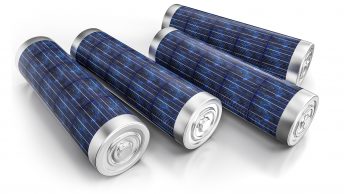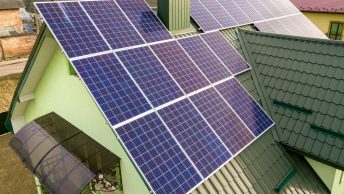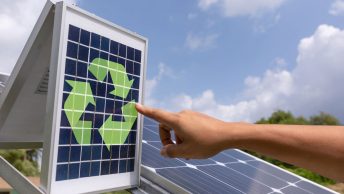Paying down the cost of your solar power system is the first step to getting free electricity. The question is, how long will it take?
So, you’ve bought yourself a new solar power system and had those nice guys at the company come over and install it. Or maybe you installed your system yourself many years ago. Either way, you must now be wondering when your solar power system will pay itself off.
Let’s find out.
Energy Solar Pro has put together an Australia-wide payback guide to let you know how soon your electricity savings will pay off the cost of your solar power system. We have ignored maintenance and repair costs, so in reality, your actual might take a tad longer than we predict but not by much. On the other hand, certain aspects of the overall cost have been averaged out so you might pay your system down even quicker than we suggest.
How Did We Make our Calculations?
- Calculate the size and cost of the average solar power system.
- Set an average price for buying grid electricity in each region.
- Set an average price for selling surplus electricity in each region.
- Calculate how much solar electricity an average household will self consume.
- Calculate how much solar electricity the average system will generate in each region.
Average Size and Cost
For the size and cost of our hypothetical solar power system, I have settled on this average:
A 5kW system at $6,500
Obviously this does not correspond exactly to everyone’s system but it should be close enough to everyone’s specific set up that it allows them to adjust their pay down date accordingly.
Average Prices for Buying Electricity by Capital
As with anything on this breakdown, not everything is exact. Some regions have set prices whereas others vary according to the retailer. For that reason, we had to create the best average price.

Average Price For Selling Electricity Back to the Grid (Feed-In Tariffs)

As you can see, some regions are quite stingy when it comes to buying back electricity. Hang your heads in shame Perth! Darwin, take this gold star for the honour. Caution, It might not be so simple, there are hidden cost factors in delivering electricity and Perth may already subsidize its grid costs.
How much solar electricity will an average household self-consume?
Instead of feeding back into the grid, which is what you do with your surplus solar energy, let’s look at the energy you use to power your house and everything in it. Based on a 5kW system the average is around 25%. That means three-quarters of the solar electricity generated gets pumped back into the grid.
Based on a 5kW system the average household self-consumes around 25% of the solar electricity that it generates.
Obviously, it would be better if houses could self-consume more of their solar power. This is because the buyback rates are a lot lower than the selling rates. It’s similar to currency conversion, it is better to spend the foreign money than bring it home and change it because you will lose out in the conversion.
How Much Electricity Will the Average System Generate in One Year (kWh)?
This is how many kilowatt-hours of electricity our average system can be expected to generate over the course of one full year.

The Results
We have collected all the data we need.
It is worth remembering at this point how un-specific some of these figures are. If your electricity fees are fixed (Perth, Hobart, and Darwin), and you did pay approximately $6.50 for a 5kW system, then these figures are very reliable.
However, for those of you who live in an area with changing fees, and those of you who paid more or less for a bigger or smaller system, you will have to adjust our predictions accordingly.
Money Saved in One Year

Now the one we’ve all been waiting for…
How Many Years Will It Take for My Savings to Pay For My Solar Power System?

How to Improve Your Payback Time
So, the results are in. For residents of places like Adelaide and Darwin, the results must look pretty good. However, for all you folks living in Perth and Hobart, it doesn’t look so good.
Wherever you live in Australia there are ways you can speed up your solar power systems payback time. Firstly, you should try and increase self-consumption. The less of your energy you have to sell back to the grid the more money you will save. How do you increase consumption? You have to do as many of your daily energy-draining activities as possible when the sun is out.
Another great way is to fit your solar power system with a solar battery, this way you can keep your excess solar energy for use at a later date.




